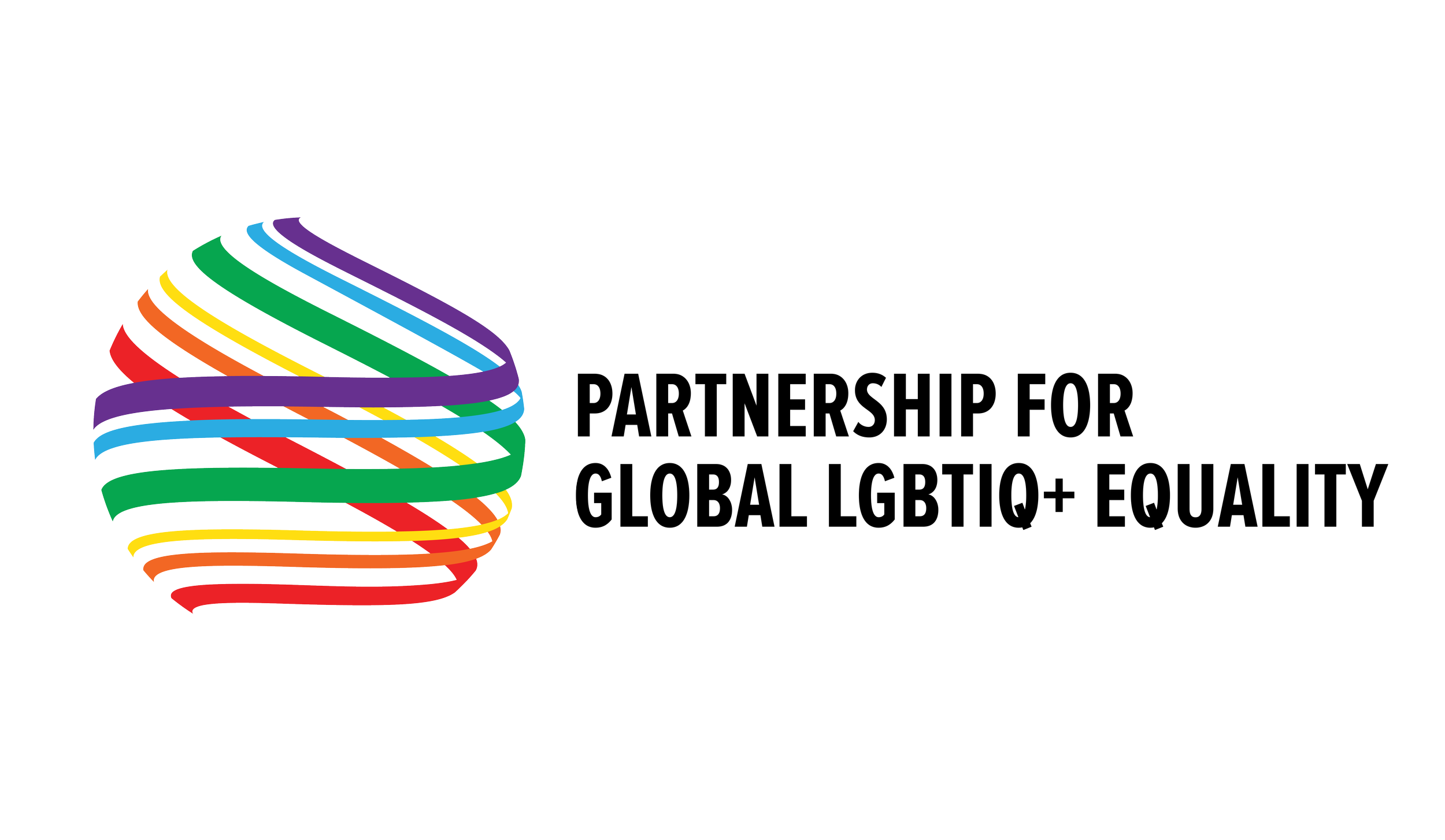The past decade has seen important progress in many parts of the world for LGBTIQ+ people, who have benefited from legal reforms and, in some cases, shifts in social attitudes. But such progress has been uneven.
In most countries, protection against discrimination based on sexual orientation and gender identity is inadequate at best. Even in countries that have made significant strides, LGBTIQ+ people can face high hurdles, with studies suggesting that they are more likely than the general population to be bullied at school, treated unfairly at work, and denied access to basic services.
Companies…
have important opportunities to foster diversity and promote a culture of respect and equality. Many firms have also found that doing so brings economic benefits: helping attract and retain talent, improving decisions, and building loyalty with customers and investors alike.
Awareness of the role that business can play is growing, and many companies have already taken steps to translate a commitment to LGBTIQ+ inclusion into action. Even so, most are just beginning to grapple with these issues, and accumulated knowledge and best practices remain thin.
operationalizing the standards of conduct
In 2017, the United Nations Human Rights Office developed five Standards of Conduct to support the business community in tackling discrimination against lesbian, gay, bi, trans, intersex, and queer (LGBTIQ+ ) people.
These Standards provide a strong foundation for business action. However, additional work is needed to help companies operationalize the Standards across their business operations.


